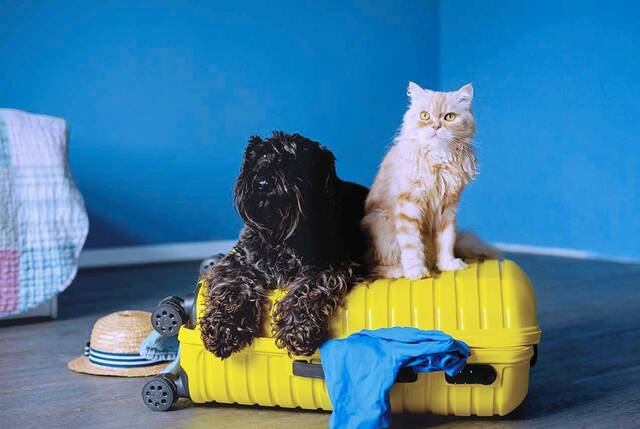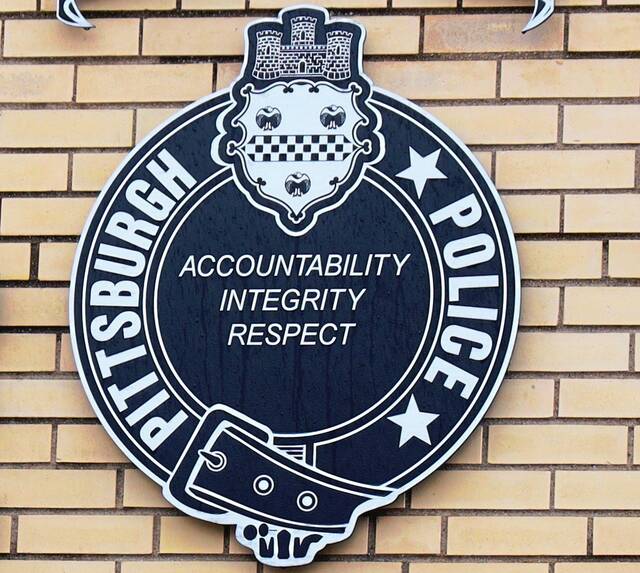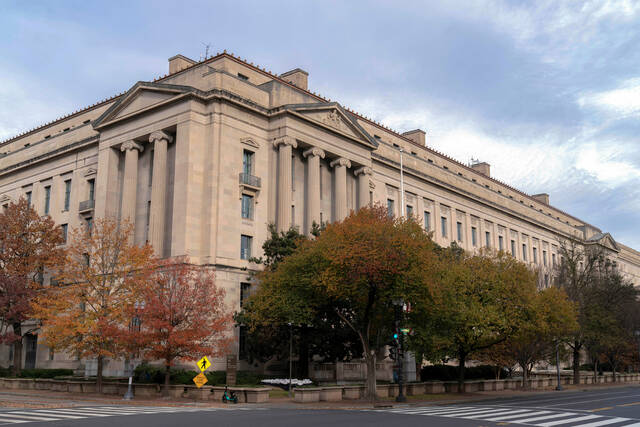Pittsburgh pet owners will again be able to apply for free spay and neuter surgeries for cats and dogs.
City officials in February 2024 abruptly halted to the free spay and neuter program, raising concerns that suburban pet owners were abusing the program by using fake Pittsburgh addresses to get free access to the services for their animals. Officials did not provide evidence of widespread misuse.
Pittsburgh already relaunched the program for feral and stray cats. New requirements are in place in order to have pets use the program, officials said in a statement Tuesday.
Applications are available online. There are two distinct applications now — one for pet cats and dogs and another for “community cats,” or stray and feral felines.
The pet program is meant for residents who own pet dogs or cats, while the community cat initiative is intended to help registered trappers control the city’s feral cat population.
A city resident can use the pet program for up to two pets each year and not more than five pets over five years.
The surgeries are available through Humane Animal Rescue of Pittsburgh.
Cat rules
People applying for surgeries for cats will need to provide two recent bills or other mailings that show the applicant’s name, residential address in the city along with the date, and a government-issued identification with a city address.
Rabies and FVRCP vaccines are recommended for cats prior to surgery. Cats who are not vaccinated will get the vaccines at the time of surgery.
All purebreds and brachycephalic cats — meaning those with short skulls and flat faces, like Persian, Himalayan and Burmese breeds — will have a pre-surgical exam. Cats 7 years or older also will need a pre-surgical exam and baseline blood work panel through the animal rescue group.
Anyone looking to have a dog spayed or neutered will need to provide two recent bills or other mailings showing the applicant’s name, residential address in Pittsburgh and date and a government-issued identification with a city address.
Dog rules
Dog owners also need to provide proof of financial need through a recent MyCompass Account Summary. People who are low-income may be able to provide other documentation on a case-by-case basis.
Dogs also have to be fully vaccinated for rabies, DHPP and Bordetella before surgery.
Dogs must have a pre-surgical exam, and canines 7 or older need baseline blood work through the rescue group prior to the operation.
Feral cats
People who want to be involved in the community cat program have to register as a trapper through the city’s online application.
Trappers must be city residents, and they must certify that cats are trapped in the city and will be released into a colony in the city.
Cats trapped to be fostered or adopted cannot use the community cat program.
Trappers can apply for up to 30 cats each year, though additional slots could be approved on a case-by-case basis.
The city has allocated $35,000 per year for the pet spay and neuter program and the same annual amount for community cats.








